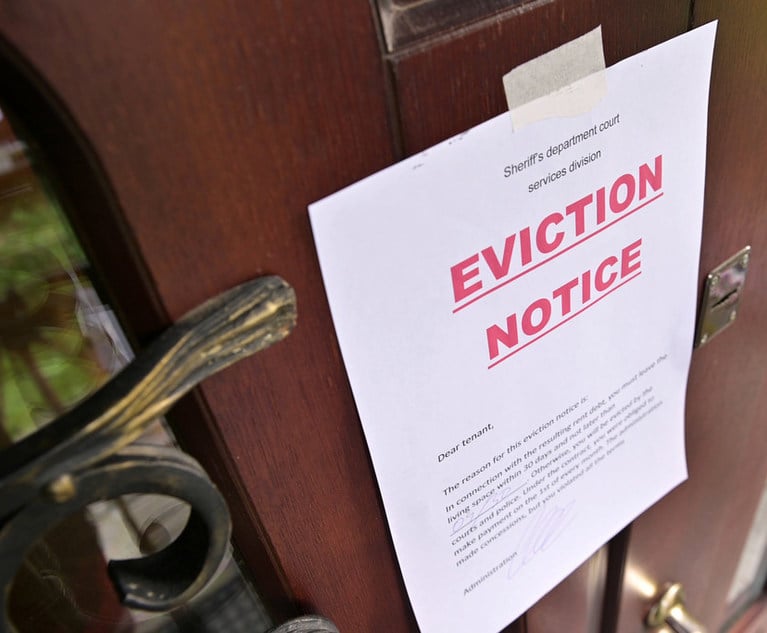When the state’s prior rent regulation laws were overhauled back in June of this year, they were replaced by the Housing Stability and Tenant Protection Act of 2019 (HSTPA), whose purpose was to extensively strengthen tenants’ statutory rights in combating their financially superior landlords. To meet this objective, the HSTPA made sweeping reforms to the rental overcharge laws by extending the statute of limitations on overcharge claims from four to six years, and increasing the treble damages period from two to six years. However, the most significant change to overcharge laws made under the HSTPA was opening examination of the entire rental history of apartments, from the beginning of time, to facilitate investigation on tenants’ overcharge claims, and in determining the legal regulated rent.
Now, where a tenant can point to any improper increases in the rental history (i.e., an incorrect calculation of NYC Rental Guidelines Board increases for one-year and two-year leases, or fraudulently inflated improvements upon vacancy to meet the statutory deregulation threshold), a landlord faces massive financial liability with statutorily mandated trebled damages, along with attorney fees, costs and interest. These progressive changes have chilled the purchase and sale of rent-regulated buildings given the vast unknown universe of potential overcharge liability, while exposing current landlords to colossal overcharge penalties, particularly in large rent-regulated building complexes.


 Massimo D’Angelo
Massimo D’Angelo




